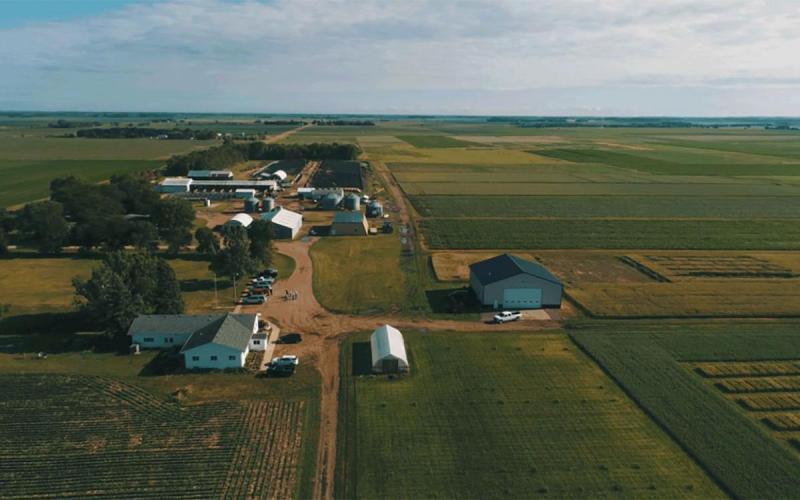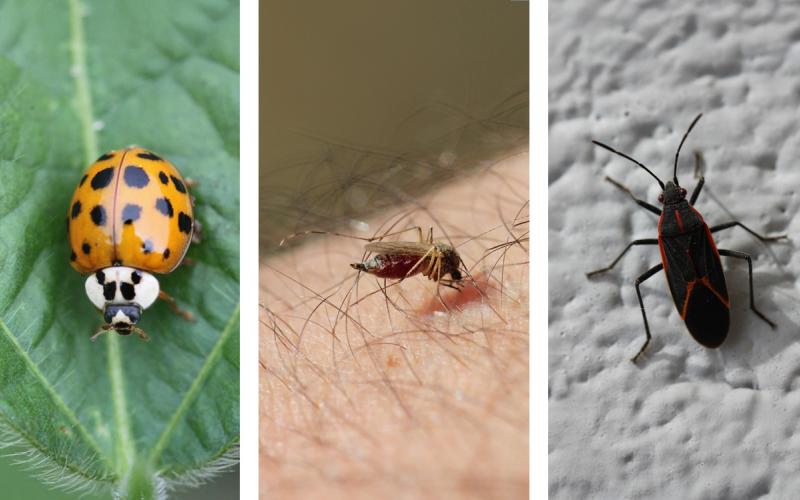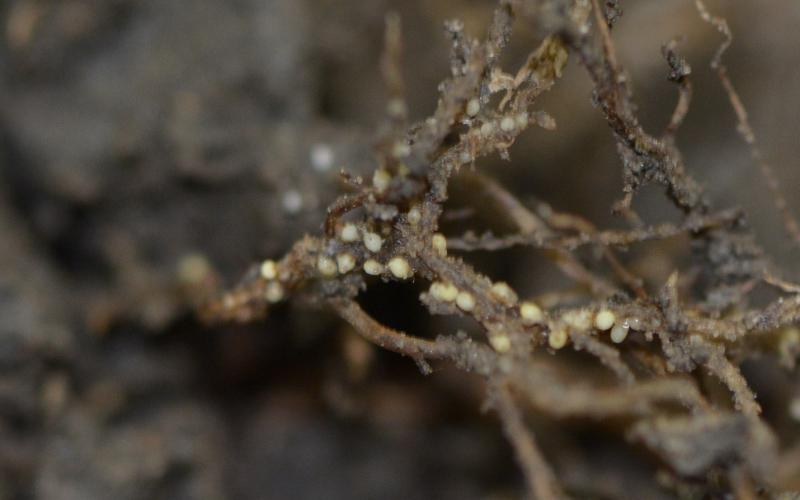Written collaboratively by Adam Varenhorst, Amanda Bachmann, Philip Rozeboom, Patrick Wagner, and Brad McManus.
Originally Submitted: July 17, 2023
Soybean gall midge larvae have been detected in soybean in southeastern South Dakota (Figure 1 and Figure 2). Similar to what we observed in 2022, many of the infested field are not showing obvious signs of infestation, and larvae are only found after numerous soybeans are dissected. In addition, most of the plants that are infested have relatively low numbers of larvae present. The only indication of an infestation at this point has been the discoloration of the epidermis near the base of the stem (Figure 3).
What to Look For
Early Instar Larva Under Epidermis

Late Instar Larva Under Epidermis
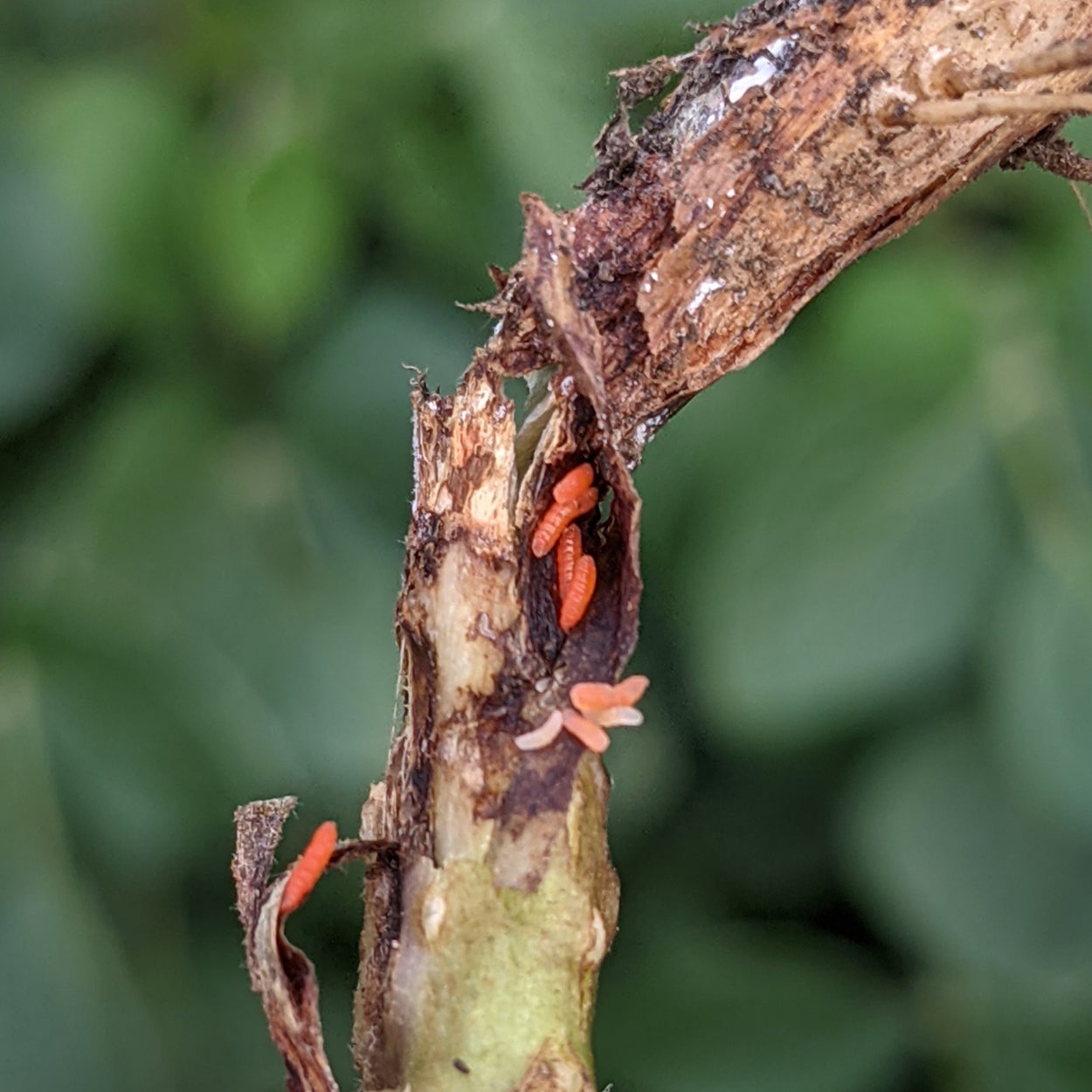
Stem Swelling and Discoloration
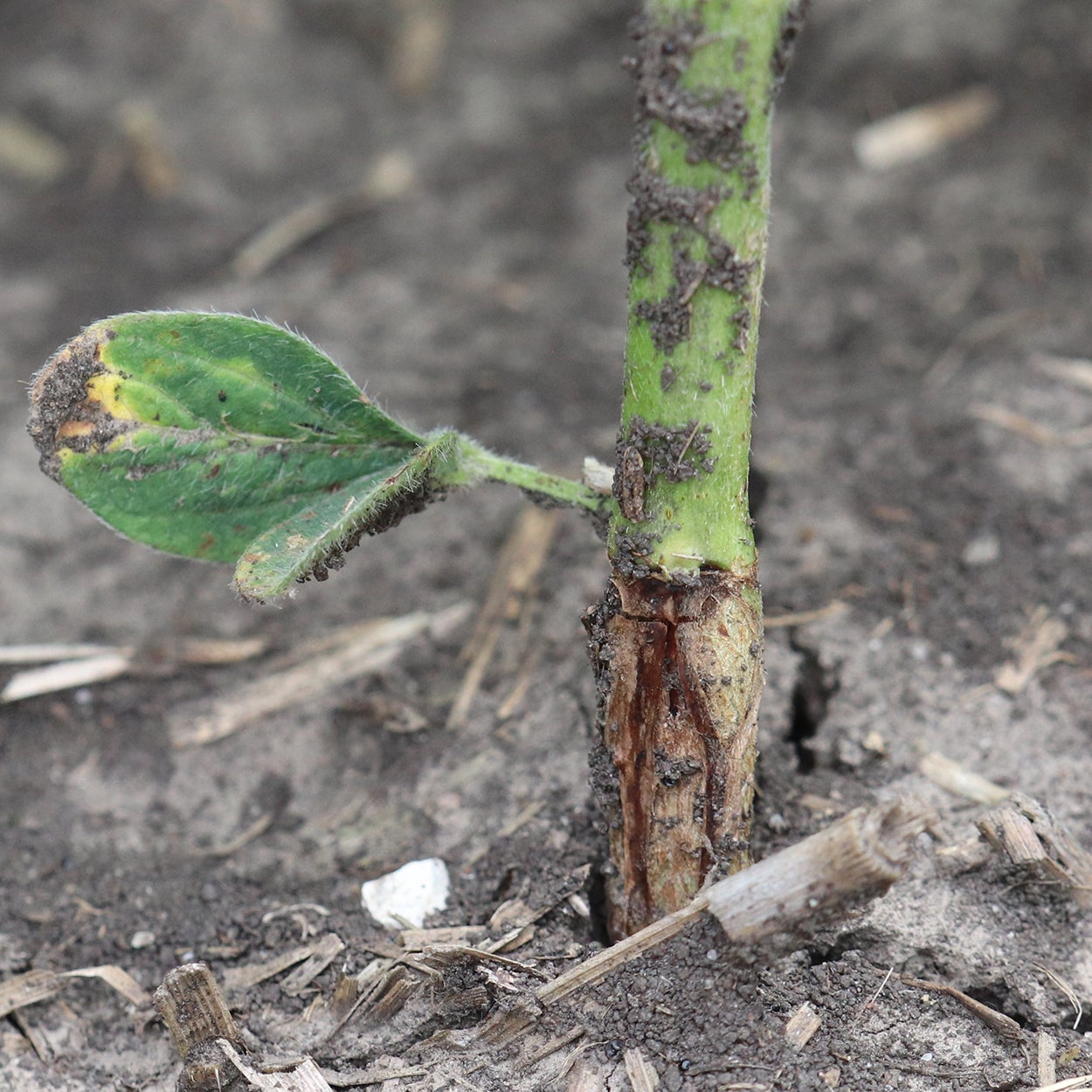
Although the infestations probably won’t result in the death of the plants in many fields in 2023, infested fields will be a source for soybean gall midge adults in 2024. We have received reports that strong winds have caused lodging in some soybean that were infested with soybean gall midge. We will continue monitoring soybean gall midge to determine if infestations increase as the season continues.
Scouting for Soybean Gall Midge
If you find soybean gall midge infested fields, please email (Adam.Varenhorst@sdstate.edu) or Tweet (@SDSUExt_Insects) a picture of the infested plant and include the county where the infestation was observed.
